Publications
Articles, publications, books, tools and multimedia features from the U.S. Institute of Peace provide the latest news, analysis, research findings, practitioner guides and reports, all related to the conflict zones and issues that are at the center of the Institute’s work to prevent and reduce violent conflict.

Promoting Peace and Stability in the Americas through Religious Freedom
The Western Hemisphere is generally known for protecting freedom of religion or belief. With a few notable exceptions, the countries of the region all enshrine religious freedom at the constitutional level and protect it through laws and policies. But in recent years, authoritarian governments in South America have increasingly viewed religious actors as threats to their regime’s survival and tried to control or crush independent religious activity.
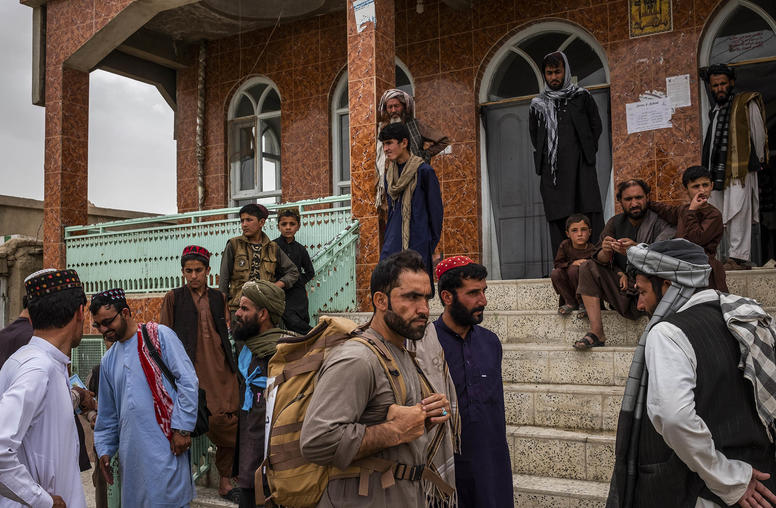
In Religious Conflicts, Bolstering the Role of Military Chaplains
In the 2020s, how urgently should the U.S. military prepare to address religious facets of armed conflicts? Violence from Beirut to the Red Sea this month threatens to spread the Israel-Hamas war regionwide. Violence fueled through religious identities and extremisms also afflicts Asia and Africa. Russia manipulates religion to justify its invasion of Ukraine. However, simultaneously, religious ideas can help resolve conflicts. The United States should seize a current opportunity to improve its ability to navigate the religious terrain of conflicts with enhanced training and roles for an often under-appreciated resource: military chaplains.
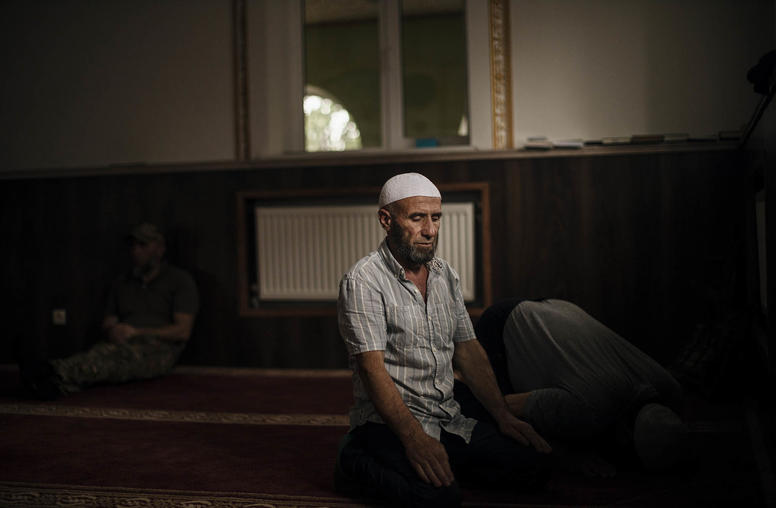
What Comes Next for the International Religious Freedom Movement?
The historic city of Prague recently hosted diplomats, civil society activists and religious leaders from 60 countries around the shared goal of global religious freedom. Convened by the Czech government, it was the fifth gathering since the United States launched the ministerial process in 2018. As persecution continues worldwide, victimizing individuals from all faiths and none, the timing was right to gather those committed to promoting freedom of thought, conscience, religion or belief for all.
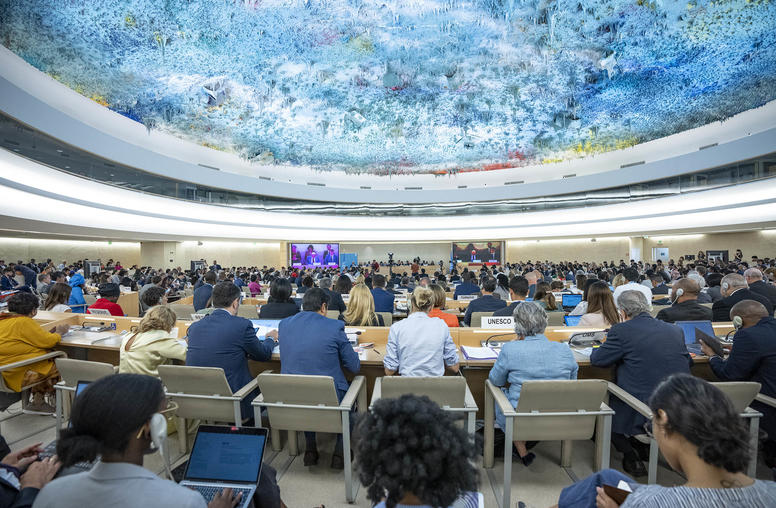
Meaningful Action Needed to Check Human Rights Abuses
Human Rights Day on December 10 provides an opportunity to consider 2023, a year with many positive and negative milestones. For instance, this year marks the 75th anniversary of landmark documents establishing the international human rights legal order. But 2023 also witnessed mass atrocities, political and religious repression, inter and intra-state conflict, and other evils. With the stark reality of ongoing human rights abuses, we should not walk away in hopeless antipathy but rather recommit to defending fundamental freedoms for all, drawing strength and inspiration from the work of preceding generations.

Knox Thames on the Role of Religion in the Ukraine War
Russian President Vladimir Putin invoked religion as part of his justification for Russia's attack on Ukraine, believing their shared Orthodox history would lend credibility to his ambitions. "Of course, the Ukrainians beg to differ," says USIP's Knox Thames. "It's actually strengthening Ukrainian resistance to [Putin's] aggressive actions."
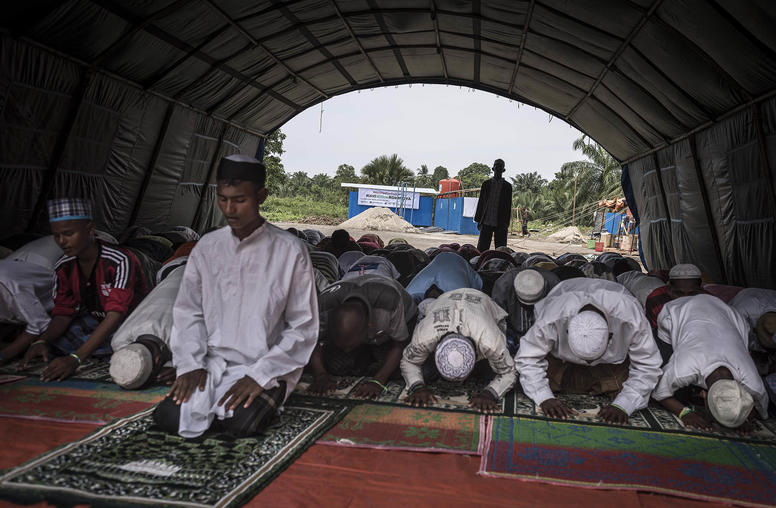
Common Ground on International Religious Freedom Enhances U.S. National Security
Religious freedom, like other human rights, is strongly correlated with political stability — and repression of religion or belief can serve as a major driver of conflict and violence. Around the world today, we see discrimination against or targeting of religious minorities associated with rising social tensions, intercommunal strife, violence and even mass atrocities. Muslims in India, Rohingya in Myanmar, Uyghurs in China, Yazidis in Iraq, and Christians in Pakistan: all are subject to forms of violence that have corollary effects on broader prospects for peace and stability in their respective contexts.
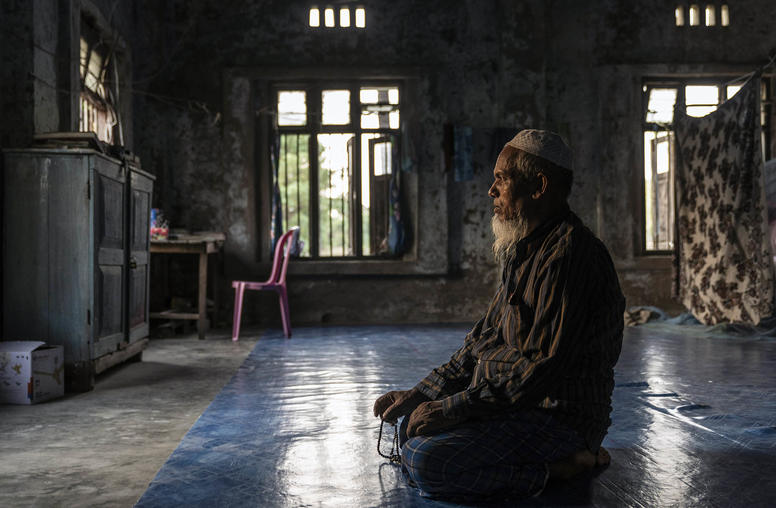
Maintaining International Religious Freedom as a Central Tenet of U.S. National Security
In 2021–22, USIP’s Religion and Inclusive Societies Program convened a bipartisan working group of advocates, academics, and former government officials to discuss how the United States can advance global peace and stability by embracing international religious freedom as a major pillar of its diplomatic engagement. This report, written by the working group’s co-chairs, examines the history of the US commitment to international religious freedom and the challenges to ensuring that it remains a central tenet of US foreign policy and national security.
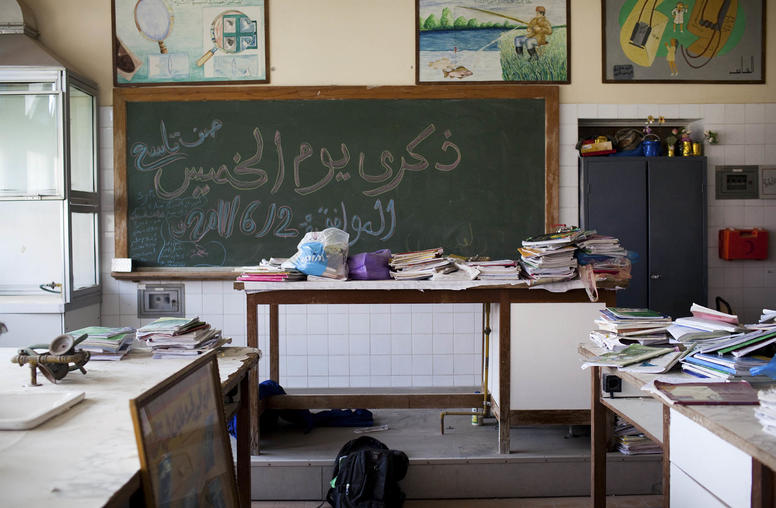
How Teaching Tolerance Can Promote Peace
Instability, conflict and human rights abuses are daily occurrences worldwide, often driven by hostility based on religion, belief or ethnicity. As policymakers look for ways to get upstream of potential human rights abuses, tolerance education can play a crucial role in preparing students to live in peace in our increasingly diverse world. The Transforming Education Summit, to be convened by U.N. Secretary-General António Guterres on September 16-19, provides an important opportunity to elevate tolerance education into the global education movement.
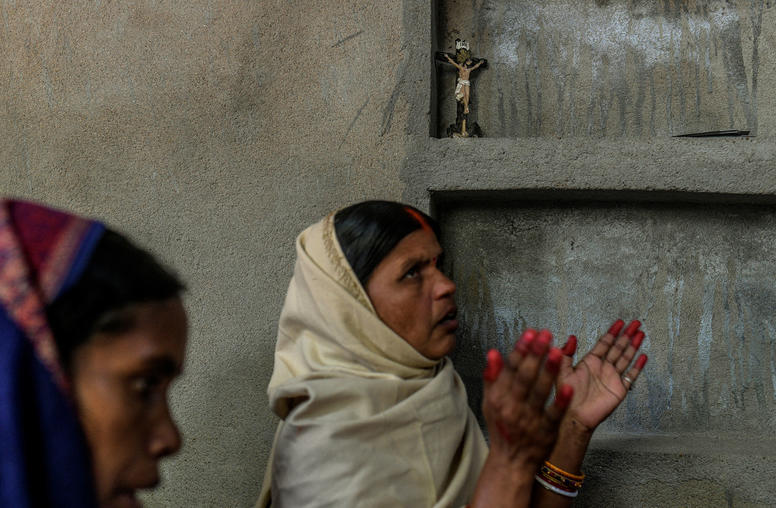
A Ripe Moment for Building Peace by Promoting International Religious Freedom
In late June and early July, two global convenings will highlight challenges to international religious freedom and the search for solutions: the IRF Summit for nongovernmental organizations and the International Ministerial Conference on Freedom of Religion or Belief. These timely gatherings will bring together government representatives, activists and faith leaders from different religious, regional and political backgrounds to discuss a common goal of ending persecution. Two keys for their success will be creating diverse coalitions to advance international religious freedom (IRF) in a nonpartisan manner and linking the issue to broader concerns about peace and stability.
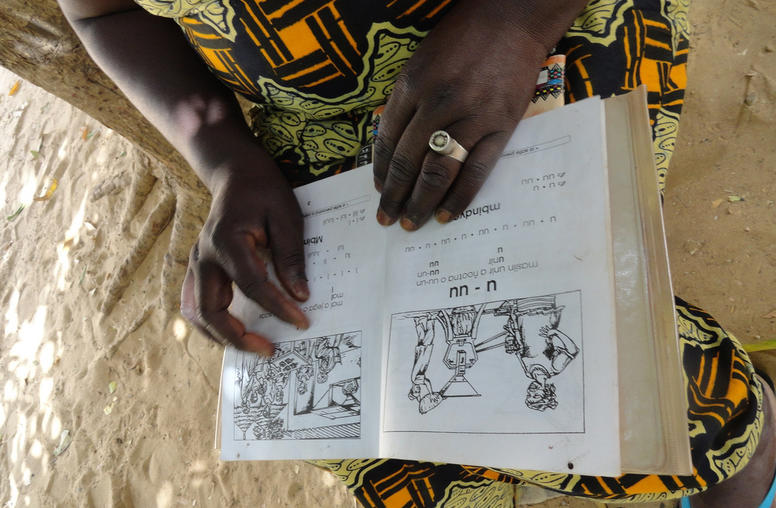
Talking to Religious Actors to Preserve Indigenous Languages
In the past, most cultural preservation efforts have focused on protecting the tangible manifestations of heritage such as buildings, worship sites and other physical items. But a 2019 U.N. resolution on the rights of Indigenous peoples emphasized the critical loss of Indigenous languages and its importance to their cultural heritage, thus mandating an international effort to “preserve, revitalize and promote Indigenous languages.”